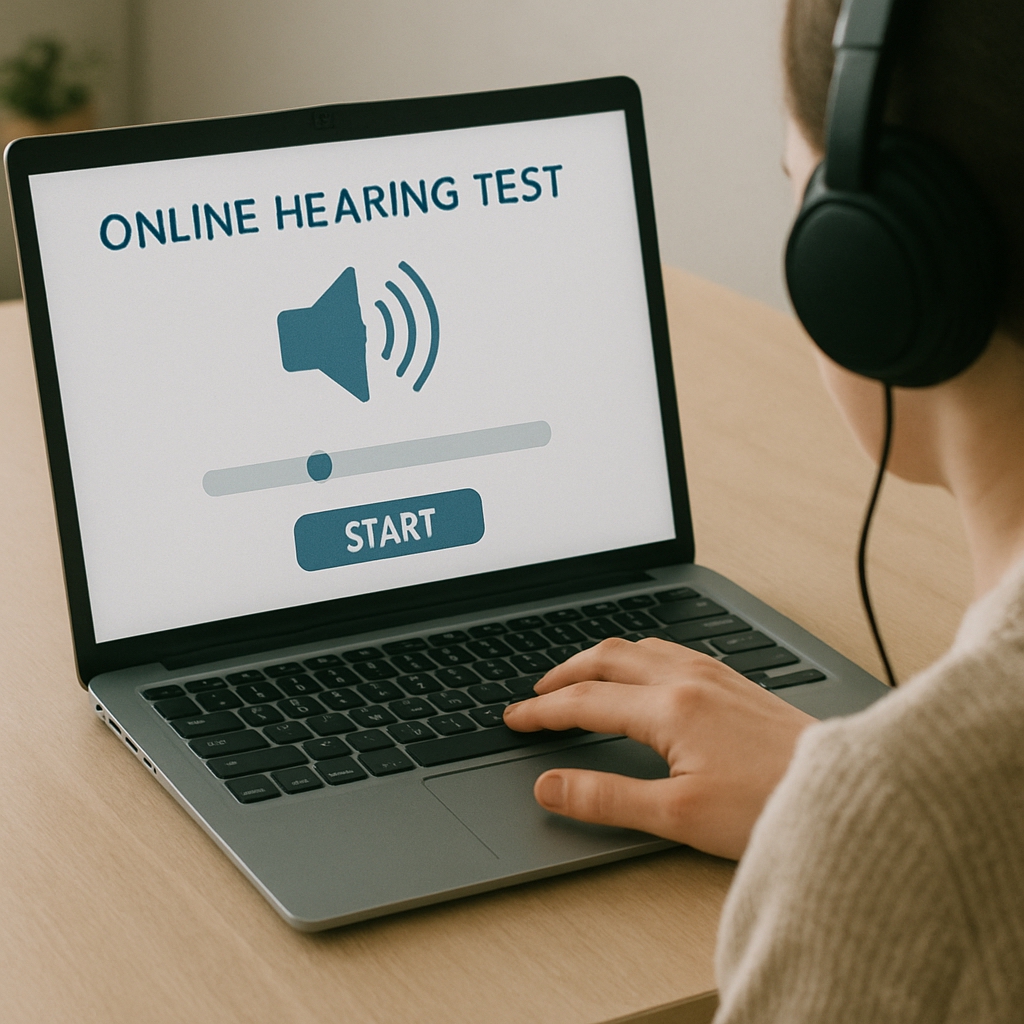Earbuds Can Damage Your Hearing

Earbuds and headphones have become a common way we listen to music, our favorite podcasts, and watch videos. Though they are designed to make listening easier and more convenient, earbuds can harm your hearing health. The ability to increase the volume on this device that is nestled so closely to your eardrum is what makes earbuds particularly dangerous. One of the causes of hearing loss is chronic exposure to short or long-term noise. So the consistent projection of sound, played at high volumes, from your earbuds could damage your hearing.
How Hearing Works
Hearing is a complex process that requires the comprehensive use of the ears, which are sensitive organs. The primary function of the ear is to absorb and translate sound for the brain to understand and make meaning of. The ear can be divided into three key parts:
- Outer Ear: the external part of the ear that is visible), the auditory canal and the eardrum, which, separates the outer ear from the middle ear.
- Middle Ear: consists of three connected bones (known as the auditory ossicles, they are among the smallest bones in the human body) and the Eustachian tube. The Eustachian tube is a canal that connects the middle ear to the upper throat and back of the nose.
- Inner Ear: consists of the cochlea, which is located within the temporal bone. The cochlea is filled with fluid and hair cells.
The outer ear detects and absorbs sound from the environment. These sound waves travel through the auditory canal and land on the eardrum. This causes the eardrum to move and vibrate, these vibrations then reach the ossicles in the middle ear. The three small bones amplify the sound waves and move them further into the inner ear. In the cochlea, the sound waves cause the fluid and hair cells to move, transforming the sound waves into electrical impulses that are sent to the brain (through the auditory nerve) where they are interpreted as sound.
How can loud noise damage your hearing?
Loud noise can damage various parts of your ears such as hair cells, membranes, and nerves. It can be especially harmful to the cochlea, which is filled with thousands of hair cells that we are born with. As mentioned above, sound waves land in the cochlea (through the vibrations of the ossicles) and cause the hair cells to move. The louder the sound, the stronger the vibration, this means these small hairs will move more. Exposure to loud noise causes these hair cells to temporarily bend or fold over. This is precisely why after leaving a noisy environment (concert, sporting game, movie theater etc.), your hearing may be temporarily impaired. Noise seems muffled, there is ringing in your ears, you may be speaking loudly, and may be unable to hear soft sounds. Typically, these hair cells will become straight again after a short period of time and your hearing will be restored.Hair cells need time to recover from exposure to loud sound. However, consistently listening to loud sounds can exhaust the hair cells, causing them to loose sensitivity or be completely destroyed. These hair cells, unlike other types (for example skin cells), do not regenerate. This means that if they are killed, this damage is permanent.
How to Reduce the Risk
Earbuds have become integrated in our daily lives. There are better ways to use them that may reduce the risk of hearing loss, including:
- Decrease the Volume: exposure to loud noise is the primary way you can damage your ears. It is always a good idea to turn down the volume on the devices connected to your earbuds.
- Use Noise-Cancelling Headphones: it is common to increase the volume when you are in noisier environments. Using noise-cancelling headphones can allow you to still hear the sound at a lower volume by reducing the external noise.
- Limit Exposure: your ears work hard to hear and the hair cells in the cochlea need a break to rest and restore. So do not fall asleep with earbuds and take listening breaks!
Preventing the harm to your hearing health that earbuds can have can be as simple as breaking a few habits!
Send us a message
Feel free to reach out to us for any questions you may have or to schedule an appointment. Our team is here to provide you with the support and information you need. We look forward to assisting you!
Email us
Give us a call





